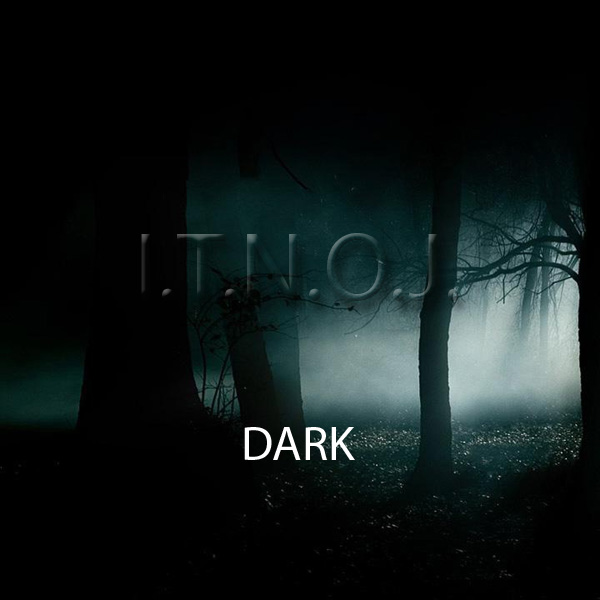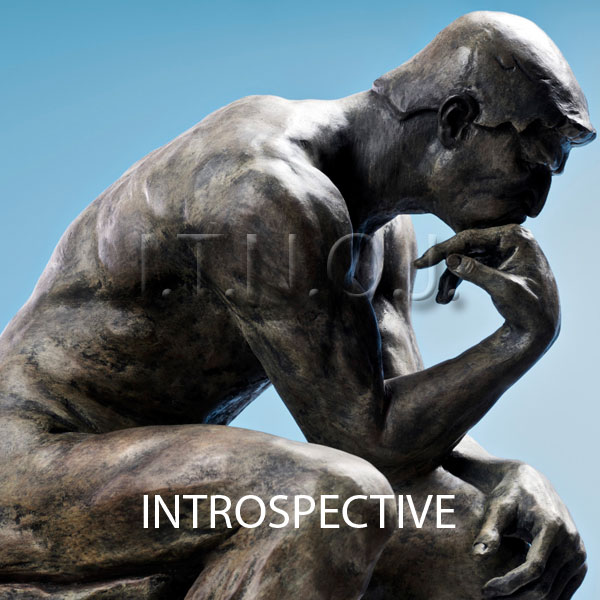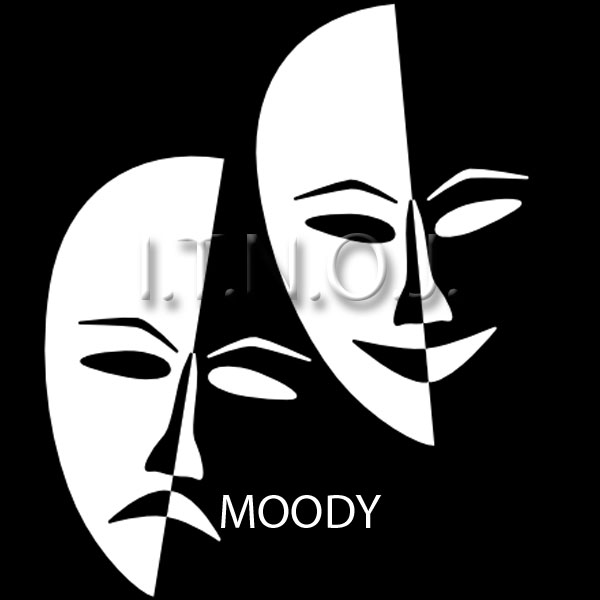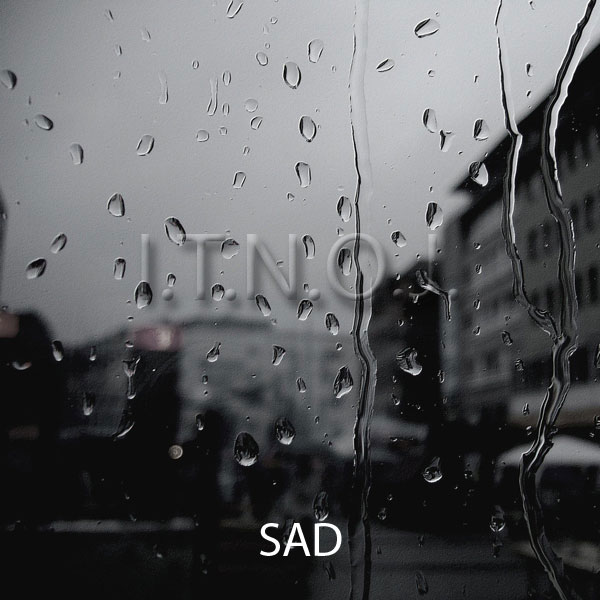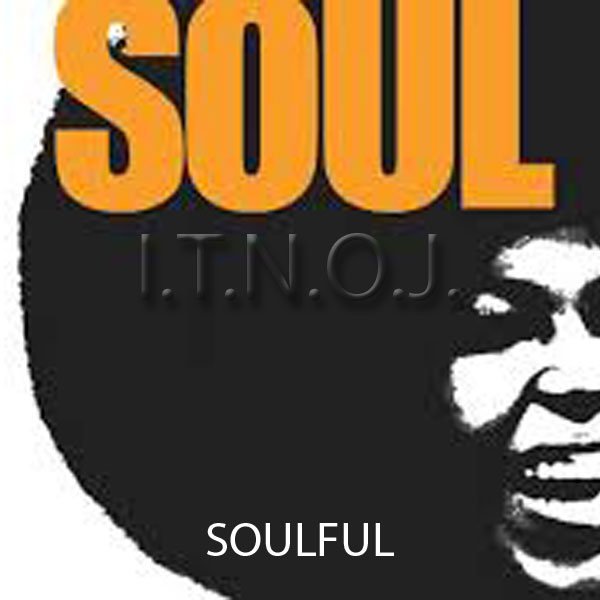Music by Mood
Different Types Of Moods
Moods used in describing my moody instrumental music include: passionate, confident, cheerful, fun, sweet, bittersweet, brooding, humorous, silly, quirky, aggressive, fiery, tenses, intense, volatile, visceral.
Common Positive moods include: Amused, Blissful, Calm, Cheerful, Content, Dreamy, Ecstatic, Energetic, Excited, Flirty, Giddy, Good, Happy, Joyful, Loving, Mellow, Optimistic, Peaceful, Silly, Sympathetic
Negative moods describing my music include: Angry, Annoyed, Apathetic, Bad, Cranky, Depressed, Envious, Frustrated, Gloomy, Grumpy, Guilty, Indifferent, Irritated, Melancholy, Pessimistic, Rejected, Restless, Sad, Stressed, Weird
It isimportant to keep in mind that Moods are not as specific as emotions. The easiest way to distinguish between moods, emotions and feelings is TIME. Moods last over a period of time, often longer than feelings and emotions. Read more
What Is The Mood Of A Song?
Music that has minor notes (or in a minor key) is usually considered to be "sad", while songs in major keys are considered to be "happy" when referring to mood. But music mood can also be affected by how loud it is (intensity), the tempo, rhythm, pitch and timbre.
Does Music Affect Your Mood?
Yes. Music affects you emotionally and physically and there is scientific research available showing music how music affects the brain. Watch a baby dance and smile in response to hearing music and you are witnessing music affect mood.
Why Does Music Have An Emotional Effect?
Music stimulates emotions in the brain. Put another way, the areas of your brain responsible for your emotions respond when you listen to music.
Can Music Control Emotions?
Not really. Music does not "control" emotions, but music can affect emotions because of the way music stimulates the brain. When you listen to music, certain areas of your brain are activated. The areas of your brain responsible for emotions are activated. But just because you respond emotionally to music does not mean that music is in control of your emotions.
Can Music Affect Your Mental Health?
Yes. You can use music, no matter what style or genre, to improve your mental health. Use music to help you relax, increase motivation or concentration, or raise your mood. There are increasing studies showing that music can affect mental health. In fact, people are researching how to use music for positive mental health benefits.
Can Music Heal?
Music therapy is shown to have positive effects, improving depression, anxiety and pain. Also, there is strong evidence in science showing that using music as a form of therapy not only improves mood, but also helps relieve stress.
I use my moody instrumental music to help me heal and overcome depression. Learn about other ways music therapy is used for health and wellness.

